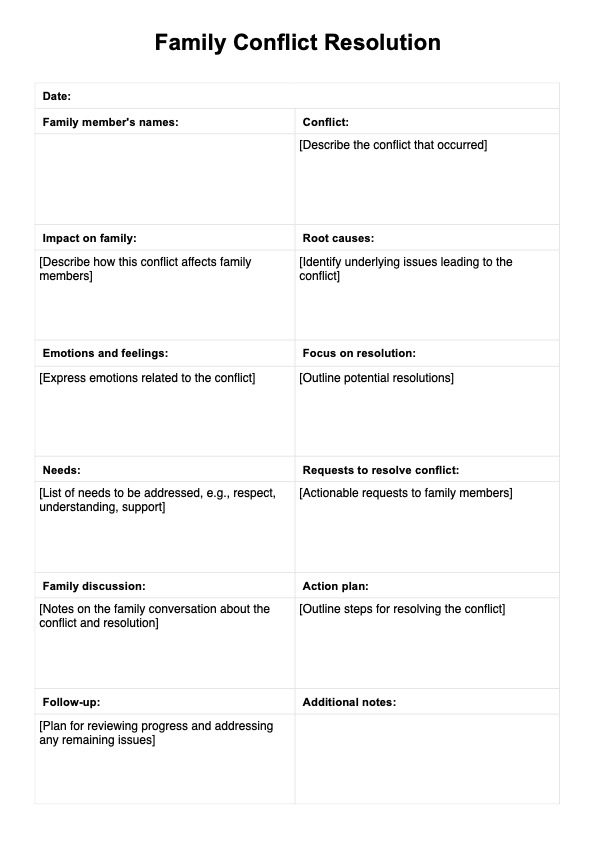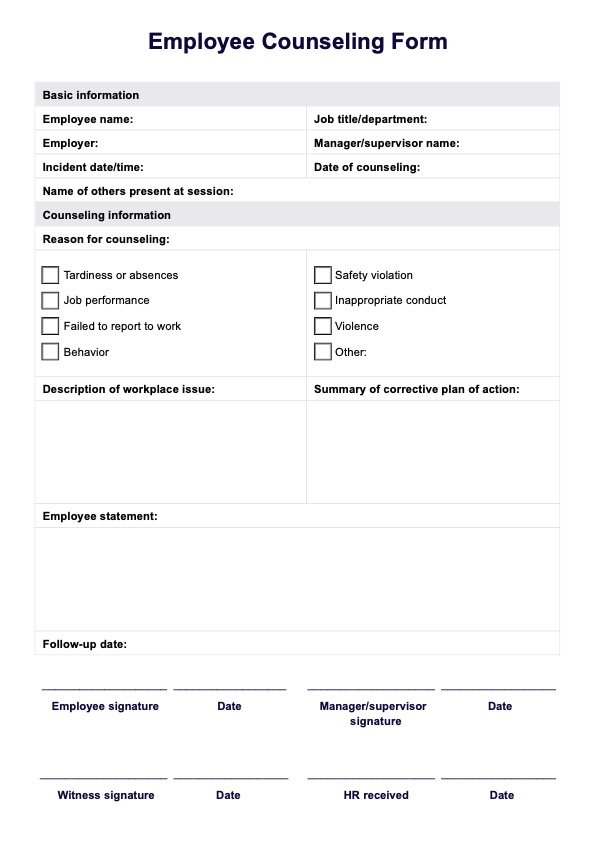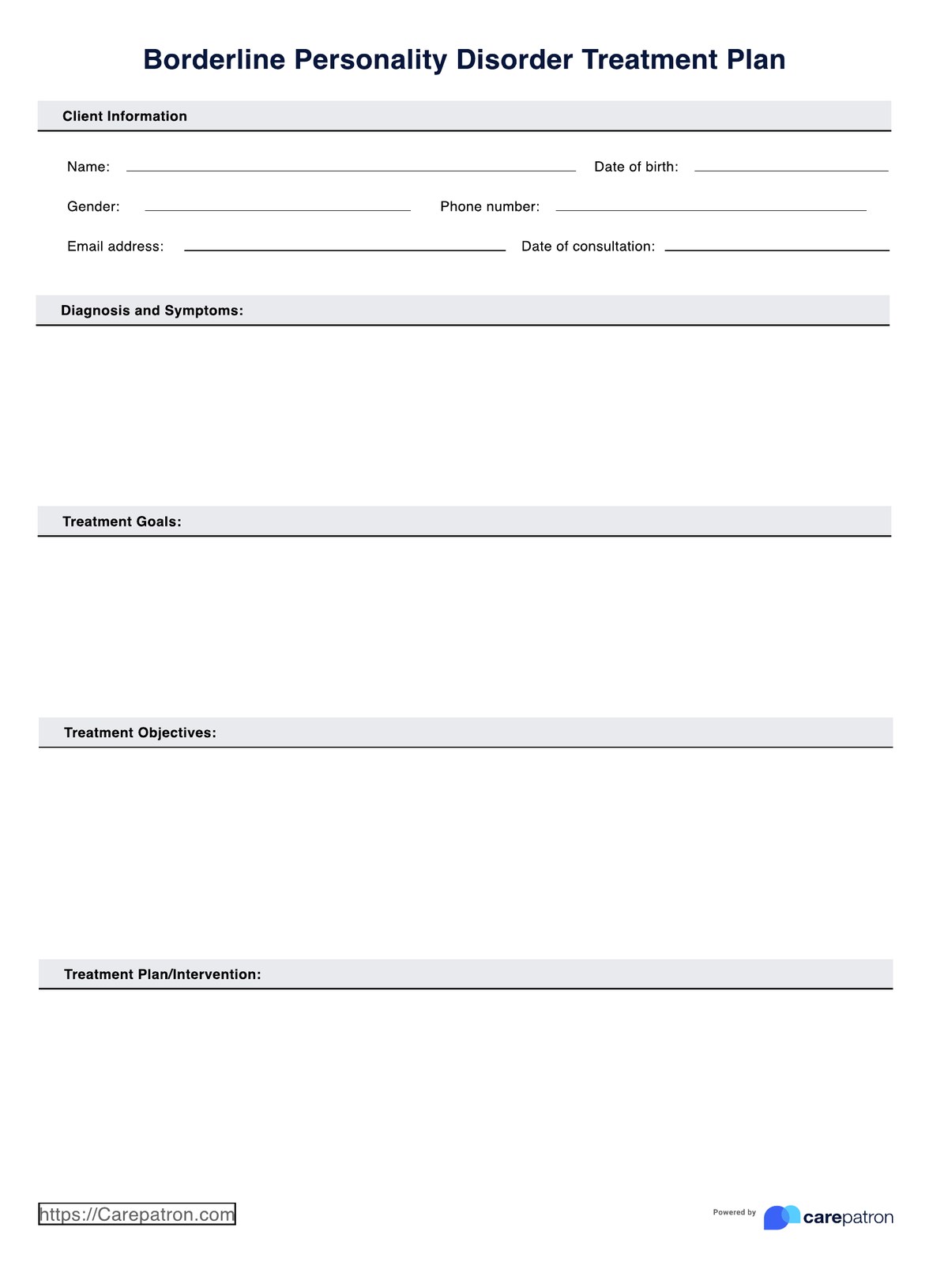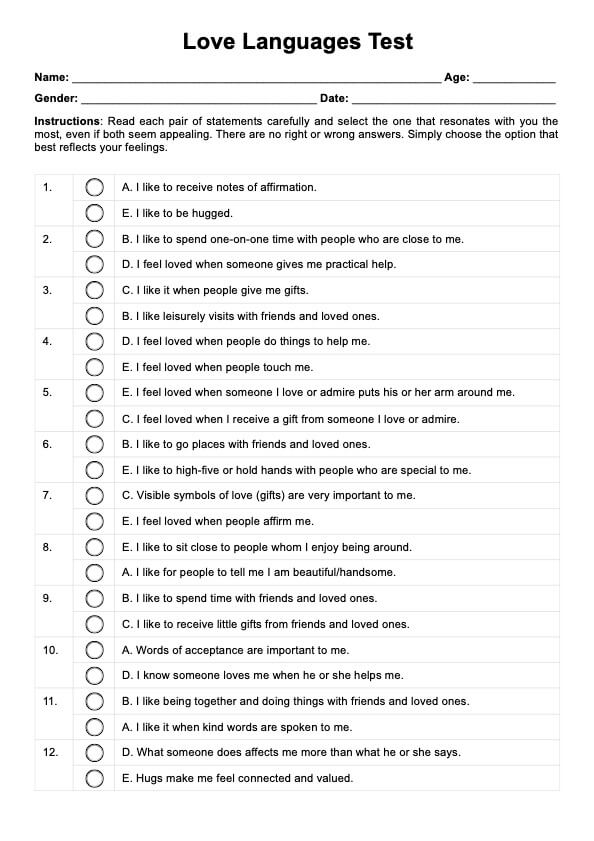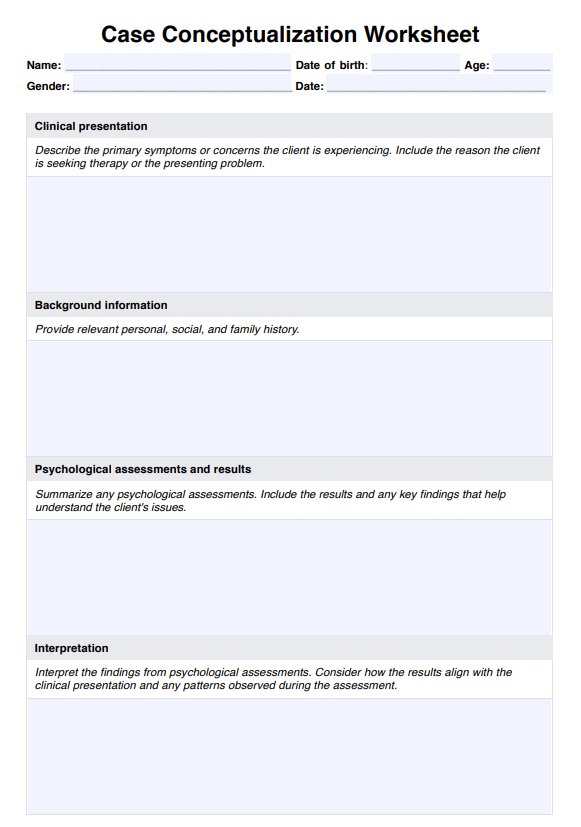Needs Assessment Social Work
Explore our comprehensive guide on Needs Assessment in Social Work, including examples and templates for social work assessment reports.


Social work process
Social work, a profession dedicated to enhancing human well-being, focuses particularly on vulnerable, oppressed, or impoverished individuals. The social work process is a multifaceted approach that involves understanding the complex needs of individuals and communities, advocating for social justice, and providing support and interventions to improve lives. This process is characterized by a commitment to understanding each individual within the context of their environment and recognizing the impact of social, economic, and cultural factors on their well-being.
The assessment process in social work is a critical step where social workers evaluate the needs, strengths, and challenges of individuals, families, and communities. This evaluation is not just about identifying problems but also about recognizing the resources and resilience present within individuals and their environments. By doing so, social workers can develop effective, personalized plans that address both immediate needs and long-term goals.
Needs Assessment Social Work Template
Needs Assessment Social Work Example
What assessments do social workers use?
Social workers employ various assessment tools and methods to understand clients' complex needs. These social work assessment tools are designed to be comprehensive and multifaceted, ensuring a holistic understanding of the client's situation. Key social worker assessment tools include:
- Personal SWOT analysis: This strategic planning tool is used to identify a client's internal strengths and weaknesses, as well as external opportunities and threats. It helps map out a strategy to address challenges while leveraging strengths and opportunities.
- Family assessment tools: These tools are used to evaluate family dynamics, communication patterns, and the overall functioning of a family unit. They help understand the role of family relationships in the client's life and how they impact their situation.
- Cultural assessments: Cultural assessments are crucial in understanding the client's cultural background, beliefs, and norms. This understanding is essential for providing culturally sensitive and appropriate services.
- Mental and physical health assessments: These assessments evaluate clients' mental and physical health needs. They are critical in developing a comprehensive care plan that addresses all aspects of a client's well-being.
How do Social Work Assessments work?
Social work assessments are a fundamental part of the social work assessment template, and the process, as other assessment tools, are designed to understand and address clients' multifaceted needs. These assessments are comprehensive and involve several key steps:
Gather client information
This initial step involves collecting detailed information about the client's personal, social, and economic attributes. It includes understanding the client's current situation, challenges, and needs. Social workers actively listen, asking open-ended questions to gather as much relevant information as possible. This information can range from basic demographic data to more complex details about the client's life experiences, current living situation, and personal challenges.
Gathering client information is not just about collecting data; it's about building rapport and trust with the client. It's an opportunity for social workers to demonstrate empathy and understanding, creating a safe space for clients to share their stories.
Fill in background information
Documenting the client's history is a critical step in the assessment process. This includes thoroughly reviewing the client's employment history, family background, educational background, and any previous interventions or services they have received.
This historical perspective provides context for the client's current situation. It helps identify patterns, understand past experiences' impact on present circumstances, and recognize recurring challenges or unresolved issues. Background information can also reveal strengths and resilience factors that have helped the client in the past, which can be leveraged in current and future interventions.
Address assessment areas
Social work assessments focus on mental health, physical health, family and social relationships,, and community resources. Each of these areas is critically evaluated to understand the full scope of the client's needs. Mental health assessment might include evaluating the client's emotional state, coping mechanisms, and any history of mental illness. Physical health assessment could involve understanding chronic conditions, physical limitations, or healthcare needs.
Assessing family relationships is crucial to the family assessment tool in understanding the client's support system, family dynamics, and any issues within the person's family relationships that might impact the client. Community resource assessment looks at the availability and accessibility of resources such as housing, food assistance, healthcare services, and educational opportunities.
Highlight strengths and resources
A key component of the social worker assessment and work assessments is identifying the client's strengths and available resources. This strengths-based approach focuses on the client's capabilities, resilience, and potential for growth. Strengths include personal attributes like determination and optimism, skills and talents, supportive relationships, and past successes. Resources might encompass community services, support groups, family support, and financial resources. By highlighting strengths and resources, social workers can help clients see their potential and build upon these assets to formulate a support plan. This approach empowers clients, encouraging them to take an active role in their journey towards well-being.
What are the goals of the social work assessment process?
The primary goals of the social work assessment tool are to provide social workers with a comprehensive understanding of the client's situation and to develop an effective intervention plan. These goals include:
Identifying basic and complex needs
- The assessment aims to identify individuals' and families' basic and complex needs. Basic needs include immediate necessities like food, shelter, and safety. Complex needs involve mental health support, addiction treatment, long-term healthcare, or assistance with legal issues.
- Understanding these needs is crucial for developing an intervention plan that addresses both immediate concerns and long-term goals.
Understanding the client's background
- Gaining insight into the client's social, economic, and cultural background is essential for personalized care. This understanding helps social workers to appreciate the client's experiences within the context of their environment and to tailor interventions accordingly.
- Cultural competence is particularly important in this assessment aspect, as it ensures that services are respectful of and responsive to clients' cultural and linguistic needs.
Formulating a viable path forward
- Based on the comprehensive assessment, social workers develop a plan with appropriate support and resources. This plan is client-centered, focusing on the client's strengths and goals, and is designed to be realistic and achievable.
- The plan may involve a combination of direct interventions, referrals to other services, advocacy, and ongoing support.
Enhancing overall well-being
- The ultimate goal of the assessment process is to enhance clients' overall well-being. This involves not just addressing immediate issues but also empowering clients to achieve stability, independence, and fulfillment in the long term.
- Strategies might include building resilience, fostering social connections, promoting healthy lifestyles, and supporting personal and professional development.
Benefits of the social work assessment
Social work assessments offer numerous benefits, both for clients and social workers:
- Providing a comprehensive understanding
These assessments offer a holistic view of a client's situation, considering all aspects of their life. This comprehensive understanding is crucial for developing effective intervention strategies.
Social workers can fully understand the client's challenges and strengths by considering various factors such as mental and physical health, family dynamics, social environment, and economic status. - Facilitating targeted interventions
The assessment insights enable social workers to develop targeted and effective intervention strategies. By understanding a client's specific challenges and needs, interventions can be more accurately tailored to address these issues, leading to better outcomes.
Targeted interventions are particularly important in complex cases where multiple factors contribute to the client's situation. They ensure that resources are used efficiently and effectively. - Enhancing collaboration
Social work assessments promote collaboration between clients, social workers, and other professionals. This collaborative approach ensures a coordinated and integrated effort in addressing the client's needs, drawing on the expertise and resources of various stakeholders.
Collaboration can also involve working with community organizations, healthcare providers, and other agencies to provide comprehensive support to clients. - Supporting ongoing monitoring
Assessments are not static; they facilitate ongoing monitoring and adjustment of intervention strategies. As clients' situations and needs evolve, assessments can be updated to reflect these changes, ensuring that support remains relevant and effective.
Monitoring is essential for tracking progress, identifying new challenges, and adjusting strategies. It helps ensure that interventions continue to meet the client's needs over time.
When would you use a social work assessment?
Social work assessments are the best assessment tools utilized in various scenarios:
- At initial contact
When a client first seeks services, an assessment is crucial in understanding their immediate and long-term needs. This initial assessment lays the groundwork for all future interventions and support.
The initial assessment is also an opportunity to build rapport and trust with the client, setting the stage for a productive working relationship. - During significant changes
Life is dynamic, and significant changes in a client's circumstances, such as a health crisis, loss of employment, or family changes, necessitate a reassessment. This ensures that the support remains aligned with the client's current needs.
Reassessment during significant changes helps adapt the intervention plan to the new situation, ensuring that it continues to be relevant and effective. - For ongoing intervention
Regular assessments are a key part of ongoing intervention. They help track progress, identify new challenges, and adjust strategies.
Ongoing assessments are particularly important in long-term cases where the client's situation may evolve. They ensure that interventions remain responsive to the client's changing needs. - In specialized cases
In cases involving underserved populations, refugee and migrant families, or individuals in domestic shelters, assessments are vital in addressing specific challenges and barriers. These assessments consider these groups' unique experiences and needs, ensuring that support is sensitive and appropriate.
Specialized assessments are also used in cases involving complex issues such as severe mental illness, chronic health conditions, or legal challenges. They help develop a comprehensive understanding of these complex situations and formulate an effective response.
Effectiveness of social work assessments
The effectiveness of social work assessments is evident in several ways:
- Providing a holistic view: These assessments comprehensively understand a person's life and needs. They consider various factors impacting well-being, ensuring that no aspect of the client's life is overlooked. A holistic view is essential for developing an effective and comprehensive intervention plan. It ensures that all relevant factors are considered and addressed.
- Facilitating informed judgment: Assessments enable social workers to make informed professional judgments in case management. This informed approach enhances the quality of professional judgment in decision-making and intervention planning. Informed judgment is particularly important in complex cases where multiple factors must be considered. It ensures that decisions are based on a thorough understanding of the client's situation.
- Enhancing service quality: The quality of social program services offered to clients is improved through tailored assessments. They ensure that services are effective and relevant to the client's situation. Enhanced service quality leads to better outcomes for clients. It ensures that they receive the support they need in a way that is responsive to their circumstances.
- Supporting social justice: Aligned with social justice and empowerment principles, assessments focus on the client's strengths, promoting their autonomy and self-determination. This approach is fundamental in advocating for and empowering marginalized and vulnerable populations. Supporting social justice through assessments involves addressing individual needs and challenging systemic barriers that impact clients. It includes advocating for policy changes, increasing access to resources, and promoting equity and inclusion.
Commonly asked questions
Social workers use cultural assessment tools to understand and respect their clients' cultural backgrounds, norms, and values.
Yes, involving family members can provide additional insights into the client's life and help understand family dynamics.
Identifying community resources is crucial as they provide additional support and services that can be integrated into the client's care plan.

.jpg)
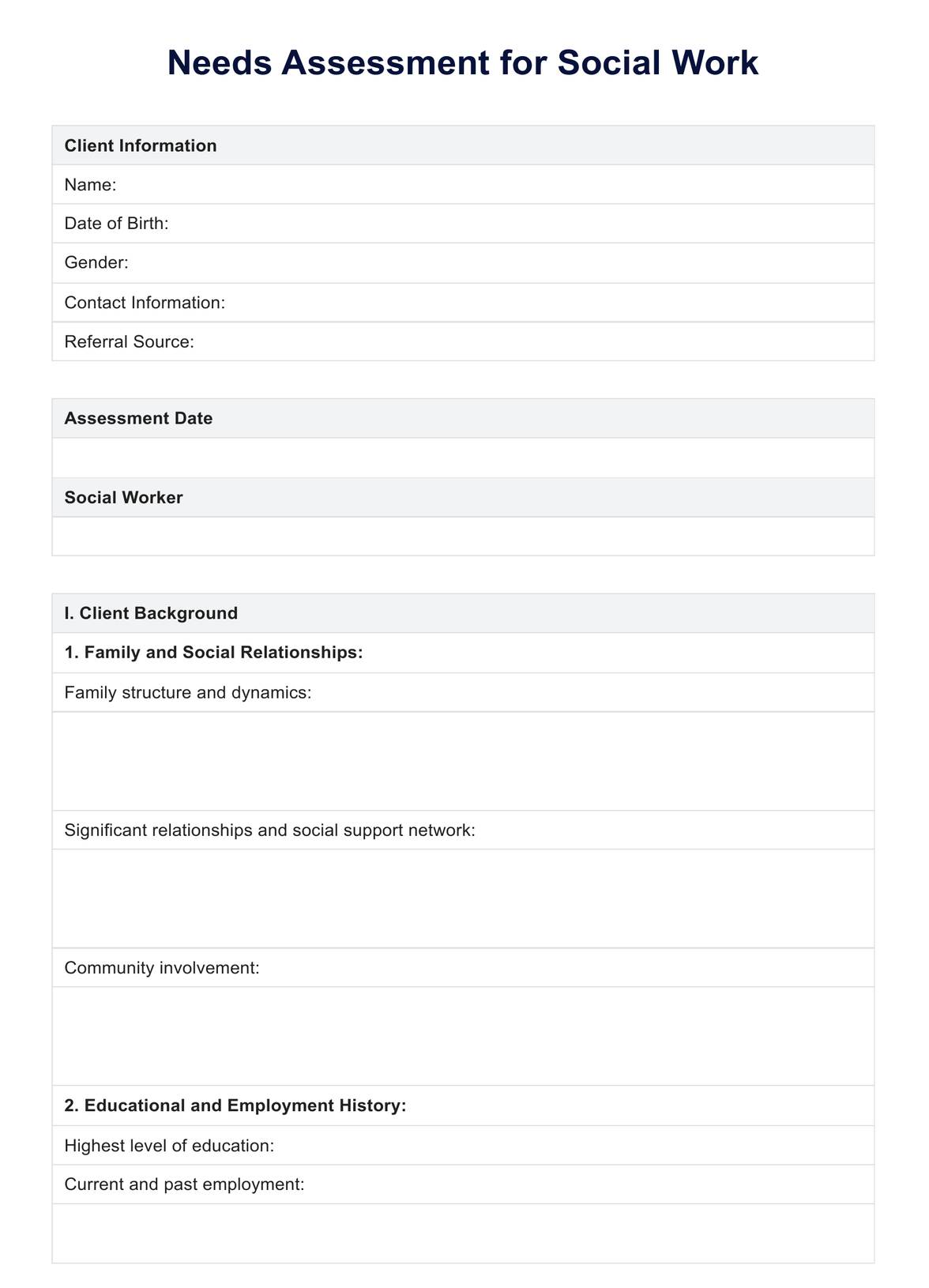
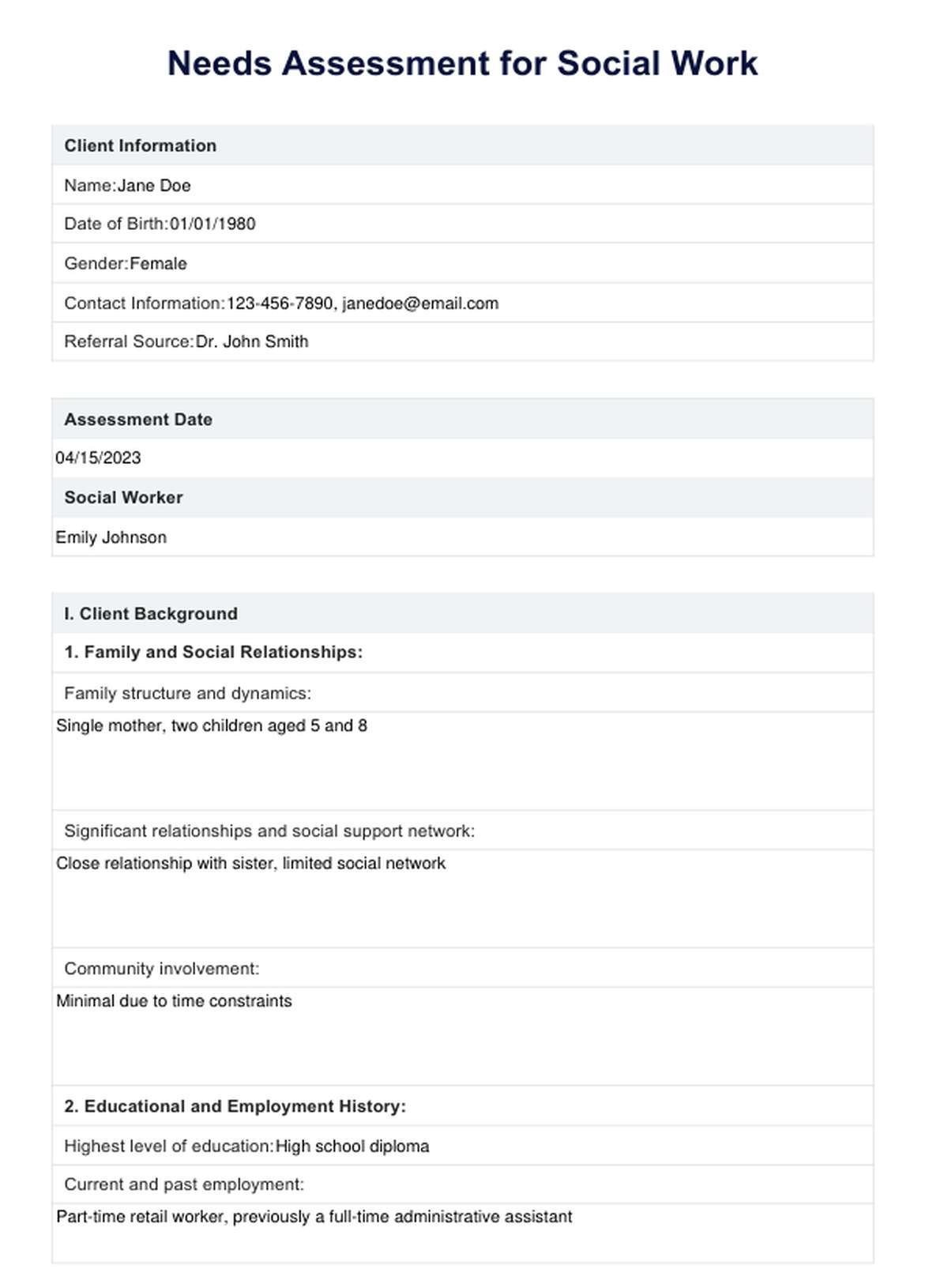

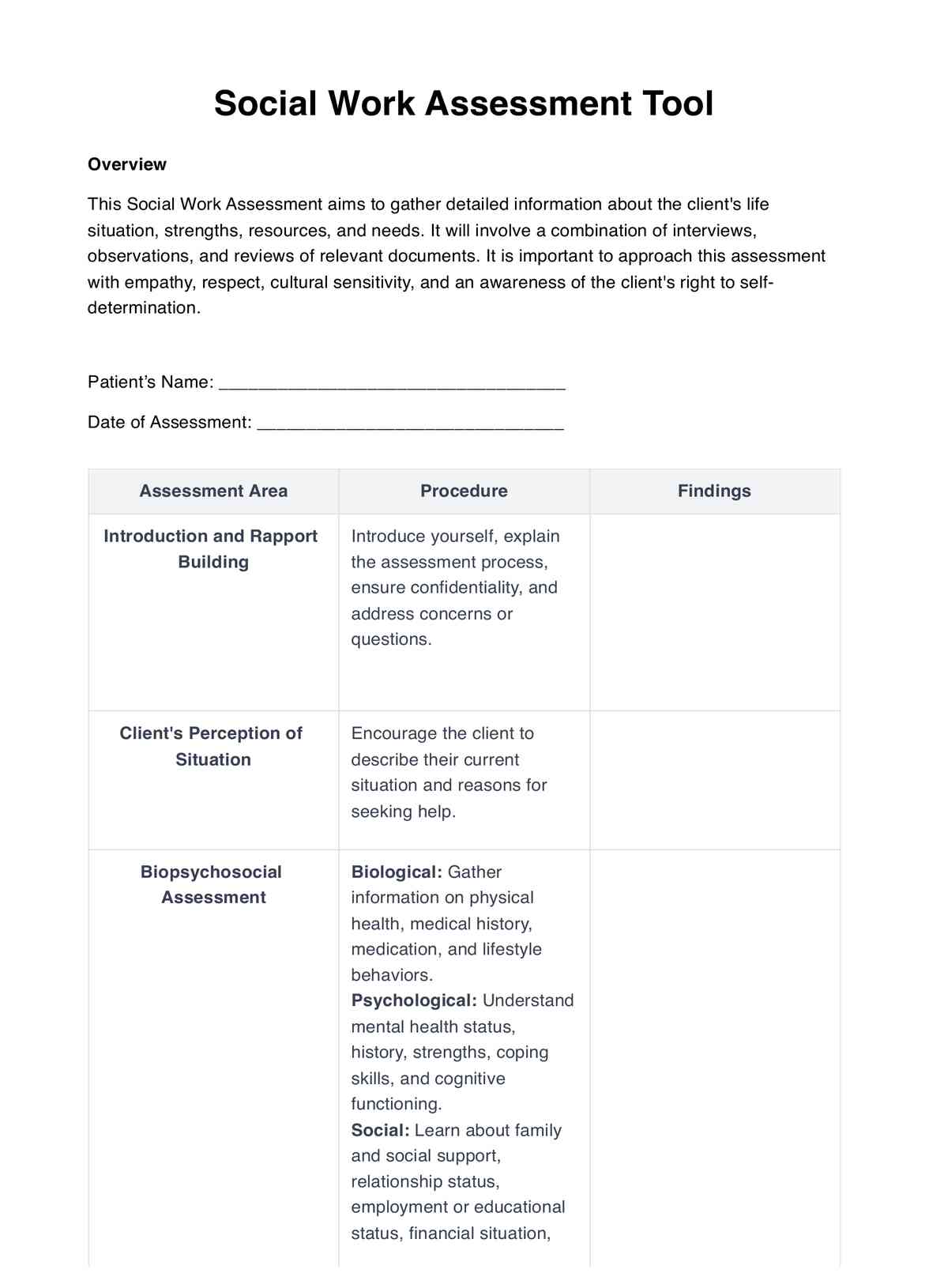
















-template.jpg)

















































































